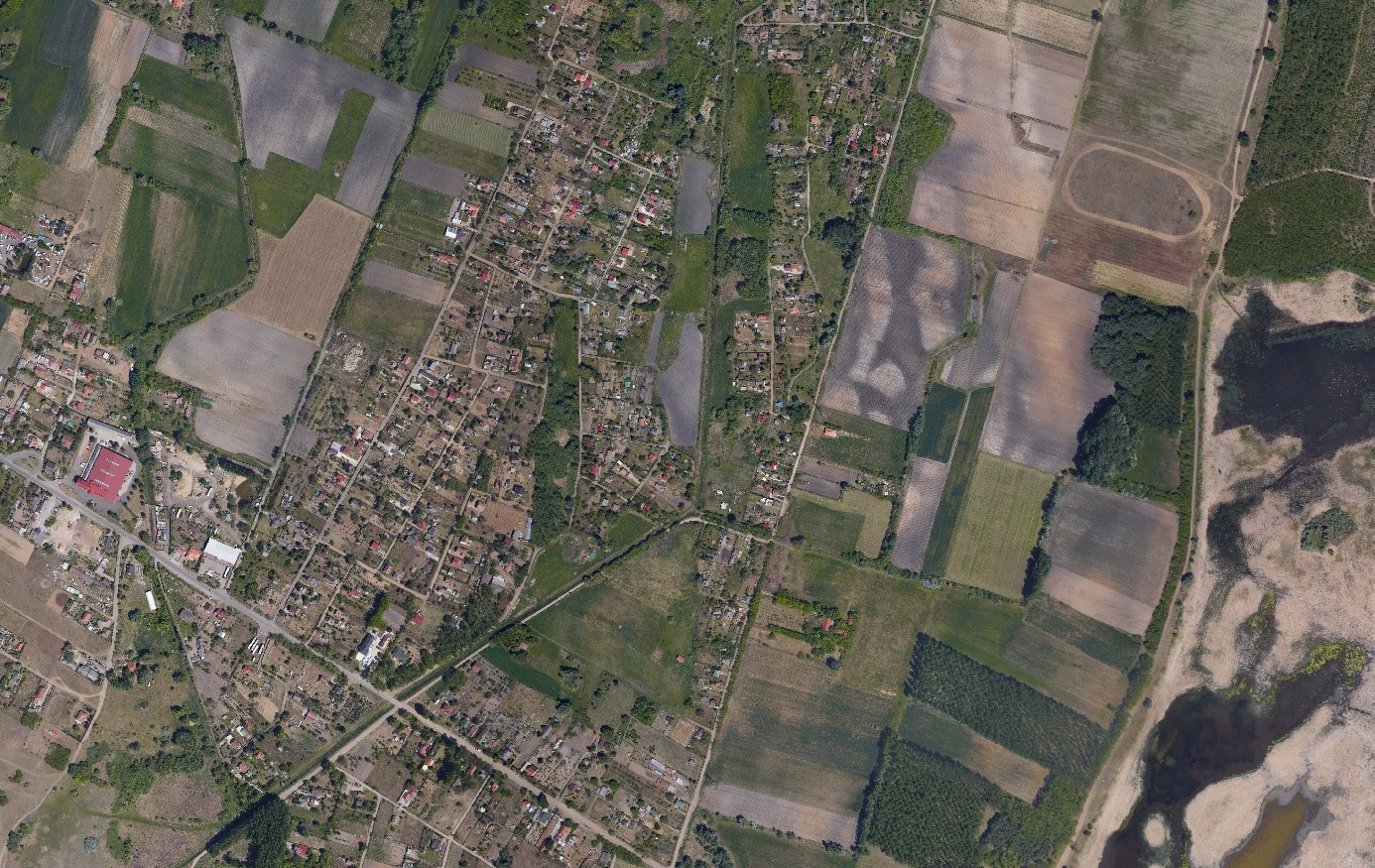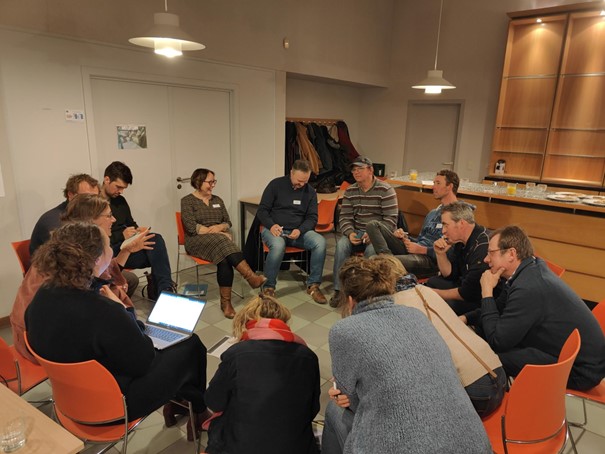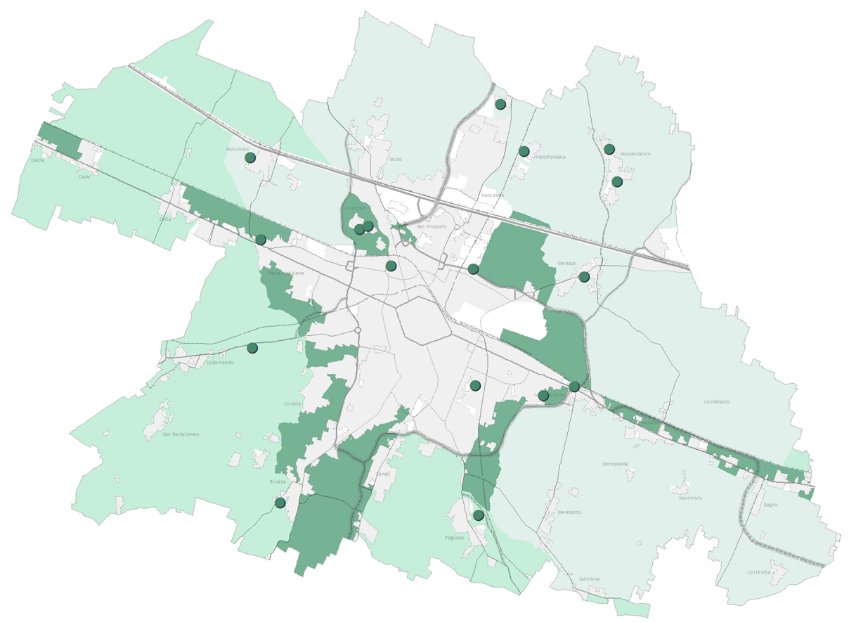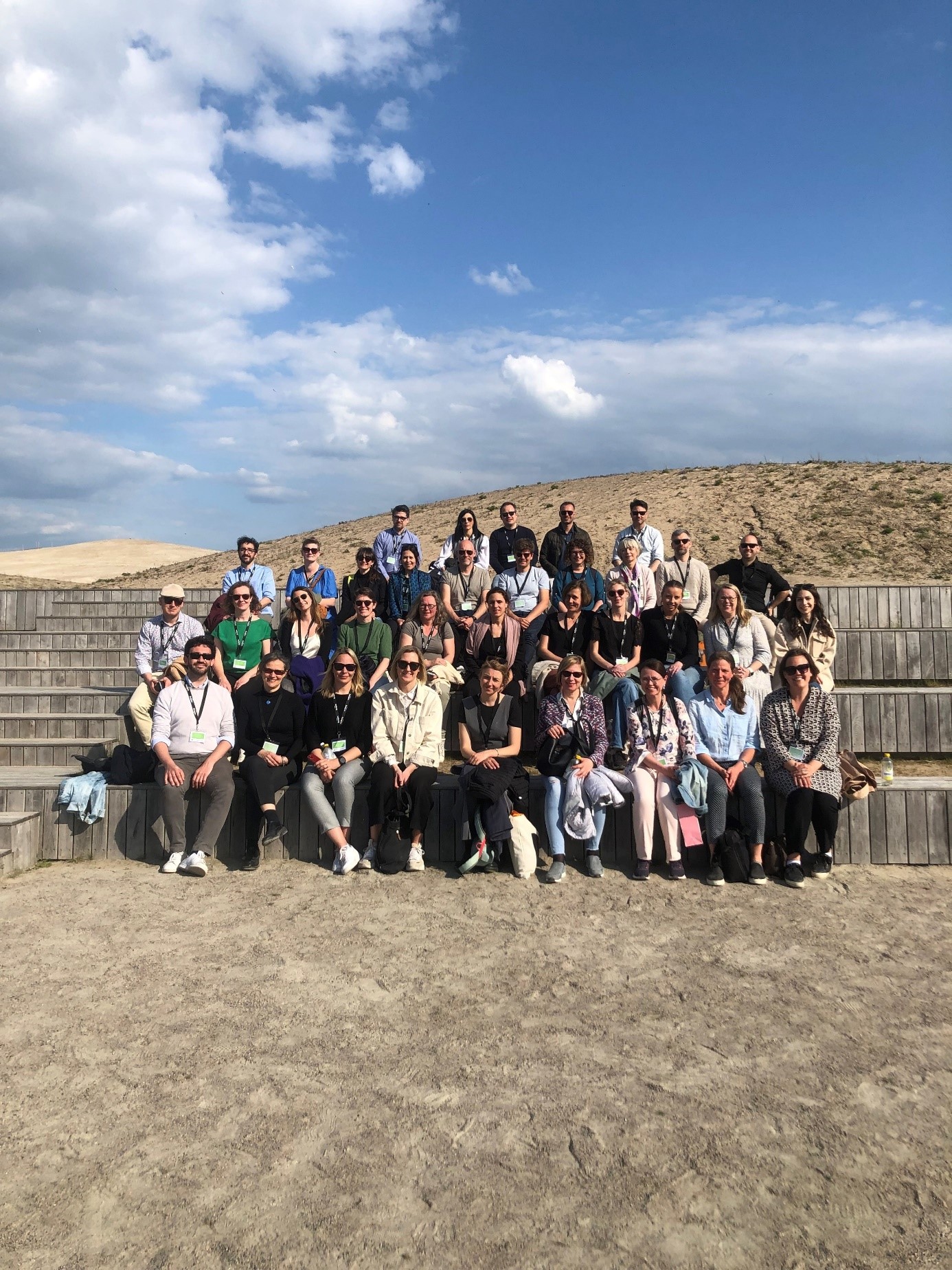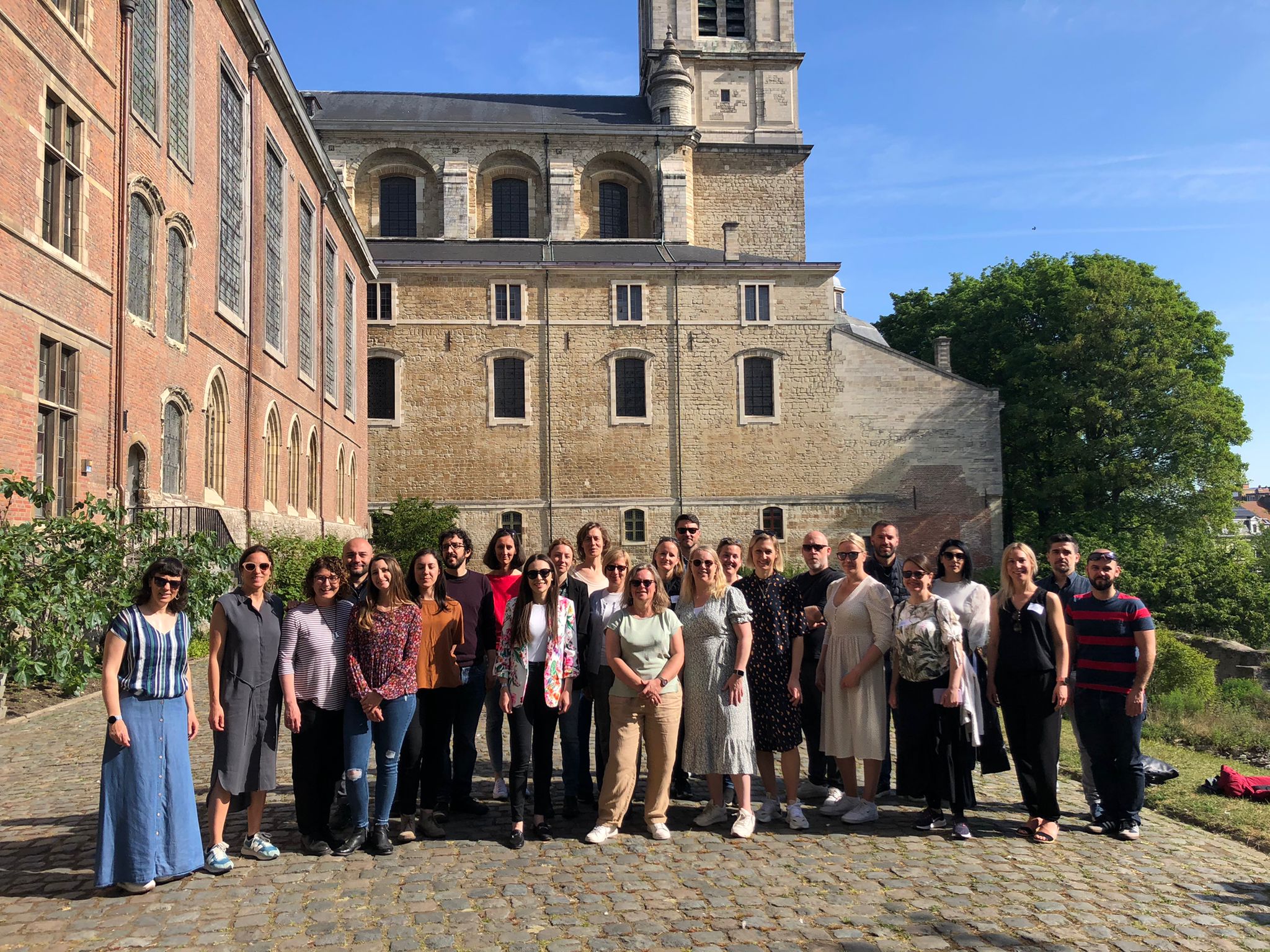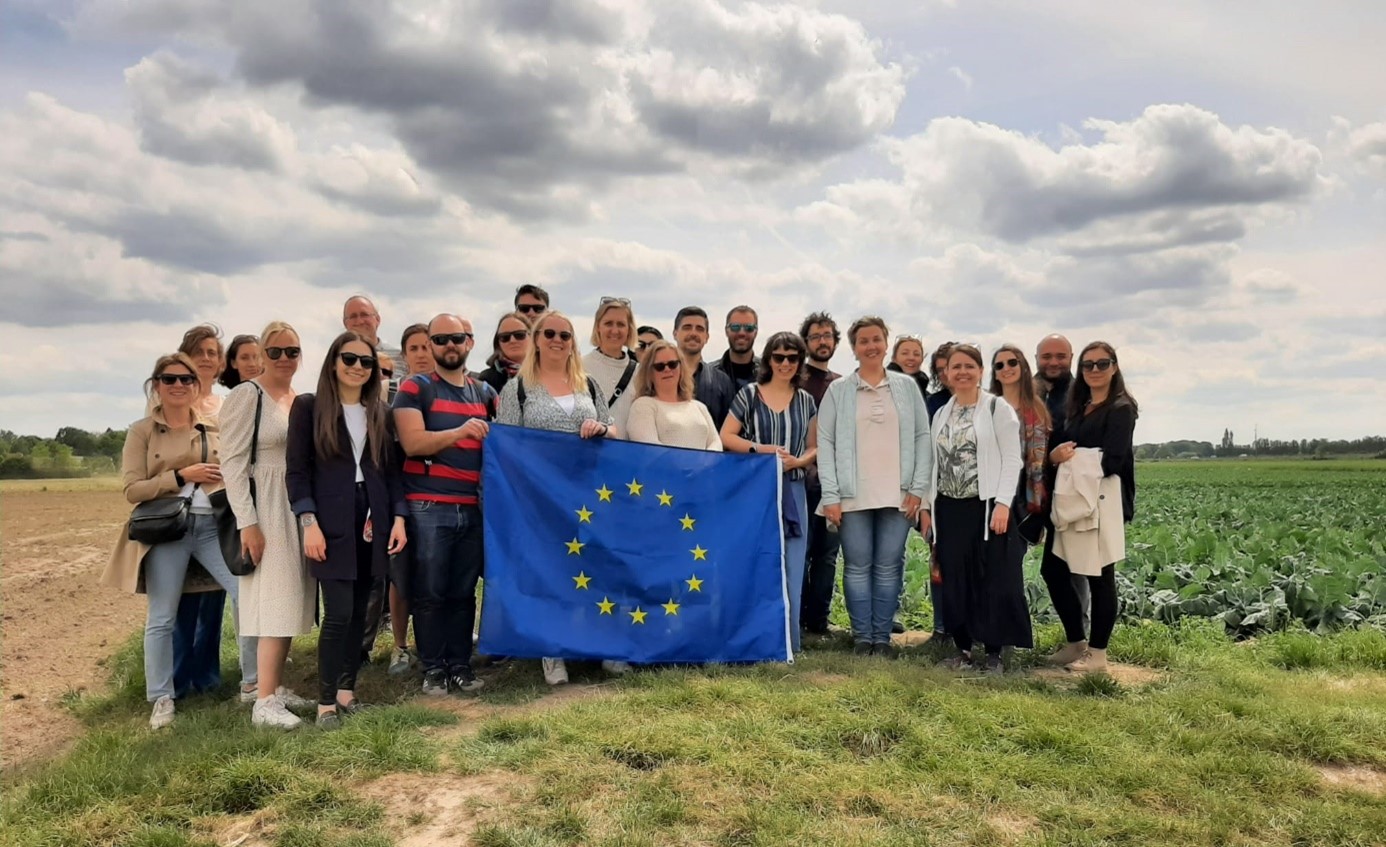Interview with Nikolaos AVGERINOS, Vice Mayor on Administrative - Financial Services and Social Policy, President of the Committee of Touristic Promotion and Development of Municipality of Aristotelis
You can watch the full video on Youtube or in our Library.
"The good practices presented by the Municipality of Aristotelis, fully contribute to PROSPERA’s objectives, aiming in raising the attractiveness of our municipality’s natural landscapes through the active involvement of local stakeholders. The aim of the four (4) good practices is to exploit the natural heritage, in a sustainable way, by creating new services both for tourists and residents, enhancing environmental resilience and creating synergies among local actors and stakeholders. All these, are objectives of the project.
Furthermore, our good practices are effective, because:
The Aristotelis Grove and the Hiking Routes good practices are directly addressing natural heritage. Healthier environment for citizens is also addressed by PROSPERA. Aristotelis Grove is the starting point of 12 cultural and natural routes and a place where cultural and creative activities take place in nature, aiming in increasing people’s relation with nature and to promote the Aristotelian philosophy and education.
The 12 hiking and cycling routes aim to provide creative and unique experiences and activities for visitors, other than those related to the sun and sea touristic approach, promoting a sustainable tourism model. Protection of natural heritage, increase awareness on environmental issues and learning of local flora and fauna spieces are also among the objectives set by our Municipality and its tourism strategy by implementing these activities.
On the other hand, the two (2) other good practices concern the KOUZINA project and the role of the women’s cooperatives. These two good practices are related to the gastronomy heritage of Aristotelis Municipality and play a crucial role in the preservation of the local gastronomy and customs. Their success, lay upon the participation of several local actors of the gastronomy sector, such as the women’s initiatives, local restaurants, and most importantly of hundreds of volunteers.
The KOUZINA project, is considered very successful and innovative, not in terms of concept only, but by the way it has been promoted and the participation of volunteers. Approximately 1000 volunteers participate in the KOUZINA project, not only from Greece but from other European countries. Volunteers from the local women’s cooperatives, restaurants, cultural associations, as well as the community, become part of the event, by helping at the administration, preparations, preparing local dishes, introducing their local products and sharing their expertise in gastronomy. It is also a project that
• supports preservation of traditions,
• promotion of natural local products,
• the importance of protecting nature and the benefits of local gastronomy to health,
• the promotion of local SMEs of the gastronomy and wine sector and
• promotion of Aristotelis as a sustainable tourism destination.
The event combines so many elements that it becomes an international attraction for several reasons. Along with the good practice of the women’s cooperatives, KOUZINA project reinforces the sense of community and promotes social cohesion.
Overall, all of our good practices aim in tackling environmental degradation and insufficient tourism management due to tourism seasonality directly affecting local economic activities, the environment and the community. Seasonality brings pressure to the economic activities and the environment during summer. Increased demand on energy, water, transportation and cooling, that if not properly managed, can cause unpleasant situations and lead to unattractive destinations.
What our Municipality wants to transfer to the PROSPERA partners through these good practices, is that, by promoting natural and cultural heritage and strengthening public and private actors of the tourism sector, engaging them in the protection of natural heritage and biodiversity, a local authority can promote sustainable development, revitalize the peri-urban areas and protect the natural environment.
Aristotelis' Good Practices are activities that take into account both the conservation and promotion of natural and cultural heritage, and strengthening of SMEs’ competitiveness.
Destinations that are affected by mass tourism or need to extend their tourism season, could adopt these practices. We hope, that our partners, by transferring our experience to their countries will at some point achieve to enhance resilience of natural environment, prevent environmental and natural heritage degradation, increase tourist attractiveness and innovation, and establish a natural heritage management model based on cross-sectorial collaboration (such as Culture, Health, Sports, local crafts, Transportation, Education, Retail, design services etc)."


